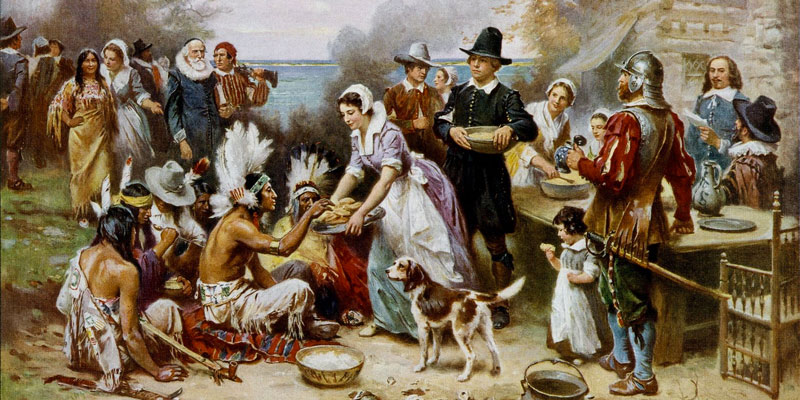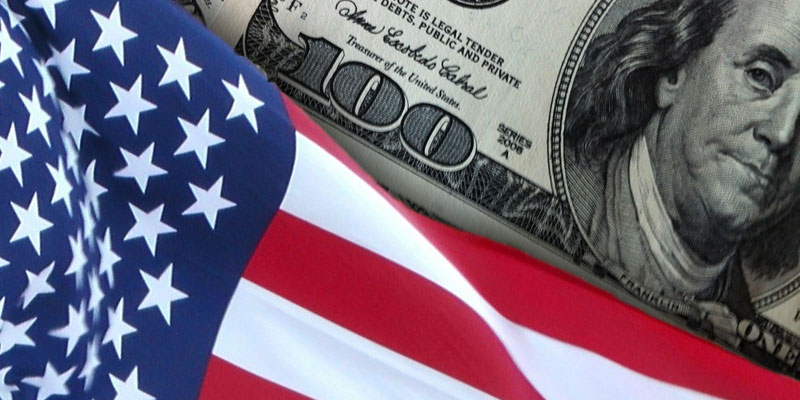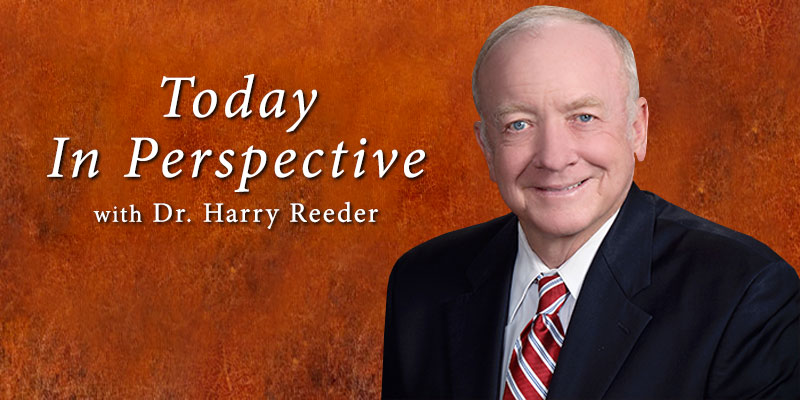
This is the time to give thanks, and I hope that your family has much to be thankful for this year. Thanksgiving offers a time to reflect on the prosperity we enjoy. Most humans throughout history have lived at the subsistence level, usually only one poor harvest away from facing famine.
Just as with the Pilgrims, our prosperity today has a basis in property rights. The Pilgrims enjoyed bountiful harvests after moving from collective to private farms, while today secure property rights allow the market economy to flourish. We have an additional reason to be thankful this year, as America’s economic freedom increased in the most recent Economic Freedom of the World report.
Many economists starting with Adam Smith have recognized property rights and markets as creating the “Wealth of Nations.” Without a comprehensive measure of economic freedom, the link between markets and prosperity was difficult to establish. The Cold War offered the example of free and prosperous West Berlin next to poor communist East Berlin, but we would prefer more systematic evidence.
In the 1990s, Canada’s Fraser Institute, on the suggestion of Milton Friedman, started measuring how closely a nation approaches the ideal of free markets. Index scores go from 0, the least freedom, to 10, the most. Hong Kong remains the freest nation (at 8.97), while Venezuela is least free (at 2.92). Dozens of studies have now shown that more economic freedom produces prosperity, faster economic growth, lower inequality, longer life expectancy, and higher environmental quality.
Economic freedom in the U.S. rose from 7.81 to 7.94 in 2015, the latest year for which data are available, moving us from 13th freeist nation to the 11th. The Index rates nations on government spending, taxes, the legal system and property rights, monetary policy, international trade, and regulation. Our biggest improvement in 2015 was in monetary policy, due to lower inflation.
The Fraser Institute always seeks to improve the freedom index. A major new improvement debuting this year is an adjustment for the economic freedom of women.
The case for adjusting the Index for discrimination against women is overwhelming. All people have the right to apply their skills and talents in whatever peaceful endeavors they choose. As TCU economist Rosemarie Fike writes in this year’s report, “All human beings have a right to be free, to make their own decisions, and ends of their own life course.” Further, our economy will be more prosperous if the talents and abilities of everyone can be employed.
The challenge has been obtaining data on the economic status of women in enough countries and back to 1970, the first year for which we have economic freedom scores. The World Bank’s Women, Business, and the Law project has made this data available. The legal system and property rights component of the freedom score is adjusted using a Gender Disparity Index based on legal restrictions on women’s ability to own property or enter into contracts. Discrimination against women most affects economic freedom in Middle Eastern nations like Saudi Arabia, the United Arab Emirates, Kuwait, and Jordan.
The World Bank does not measure cultural restrictions on women’s achievements. Stereotypes and criticism can hold people back as surely as the law. The economic freedom index more broadly, however, focuses on formal, legal limits.
Two interesting gender disparity patterns emerge. First, the average level of legal discrimination against women has been falling over time. This is encouraging, although it would be great if equality were achievable today. Second, countries with more economic freedom, apart from the gender adjustment, discriminate less against women. I think that the driving force is recognition that ordinary people (as opposed to just rulers) matter. Once we recognize that people matter, the conclusion that everyone matters, including women and minorities, naturally follows.
Property rights helped make the first Thanksgiving possible back in the Plymouth colony. We should give thanks for living in a time and place where economic freedom has made prosperity possible. And this year in the U.S., we have a little more economic freedom to celebrate. So please pass the turkey!











